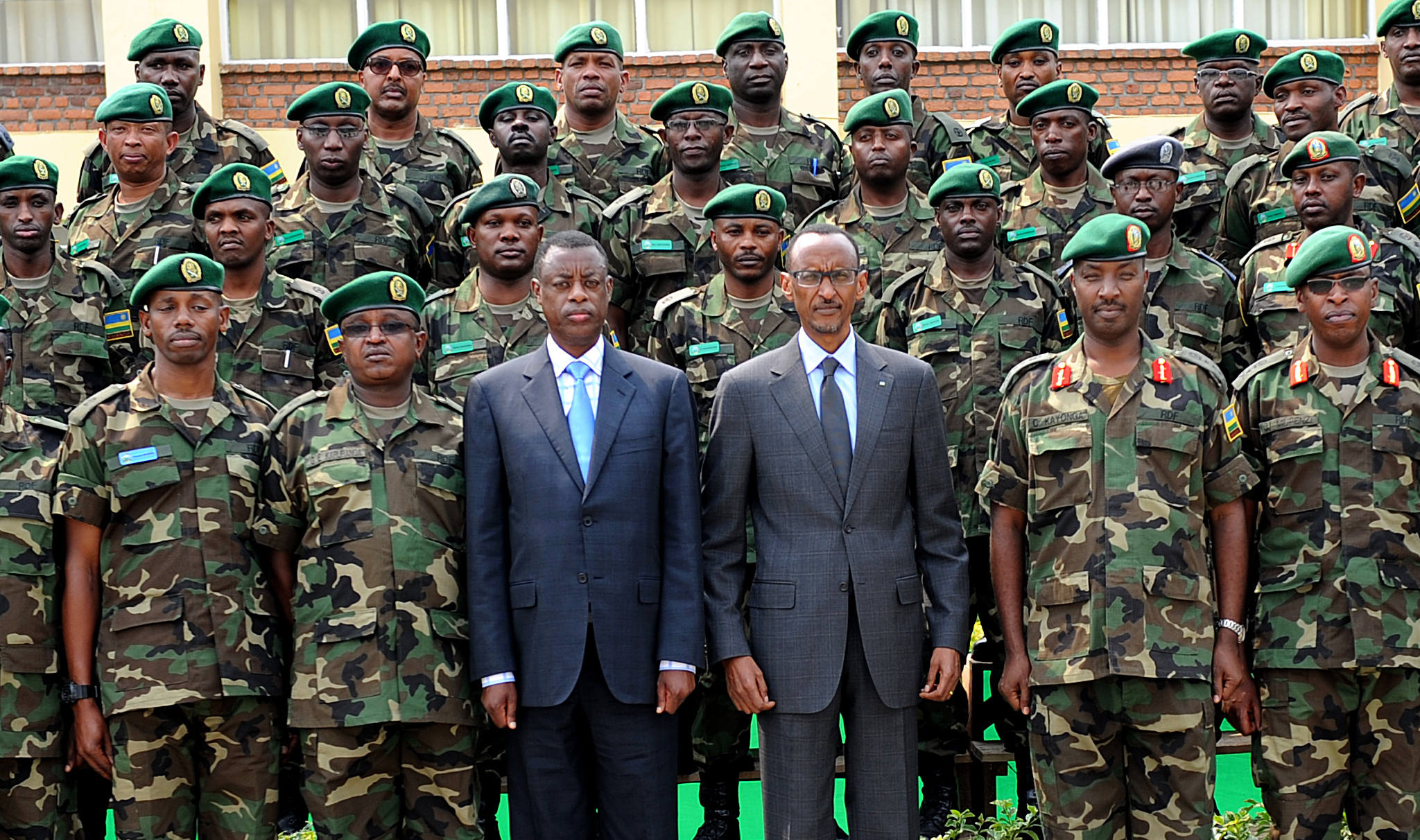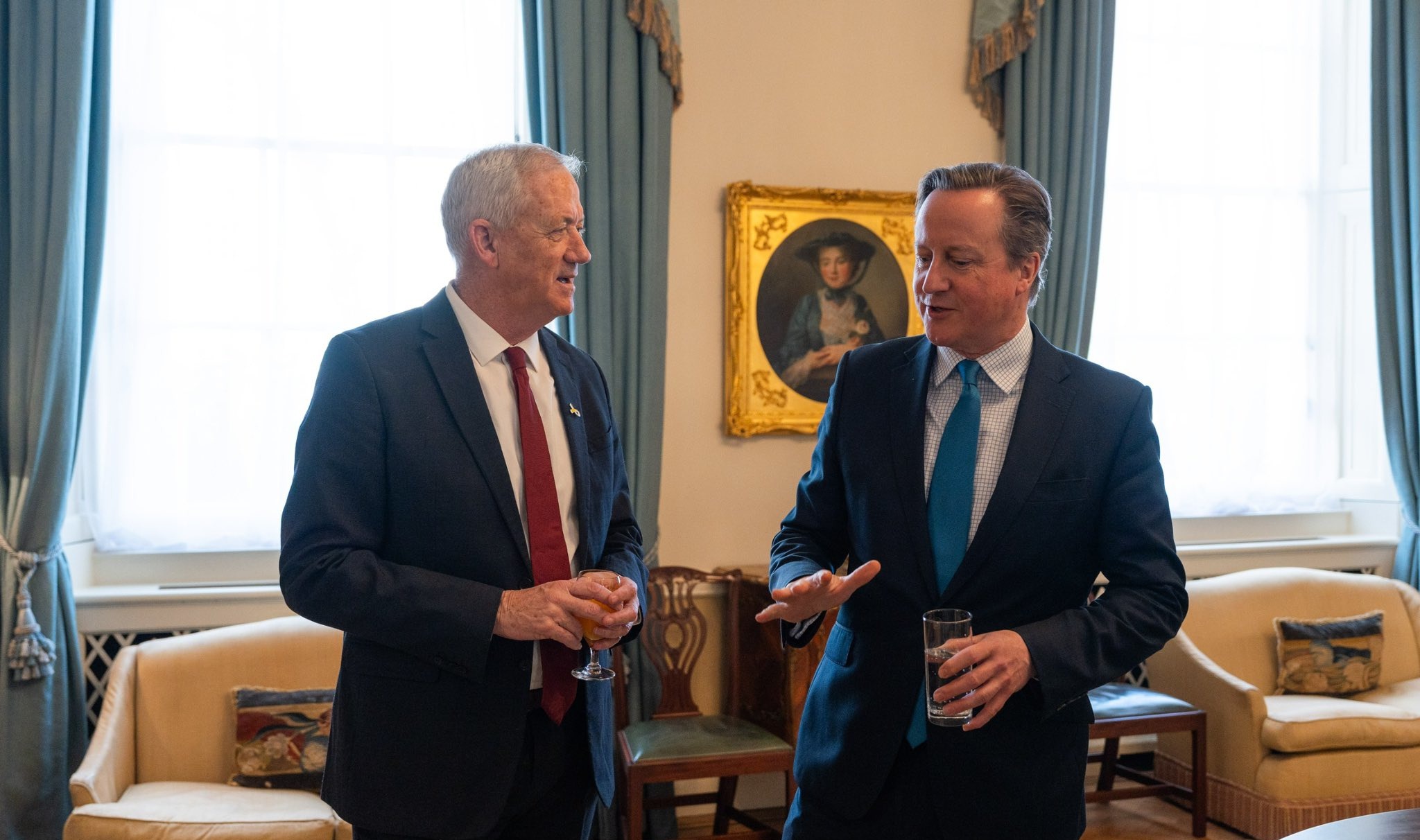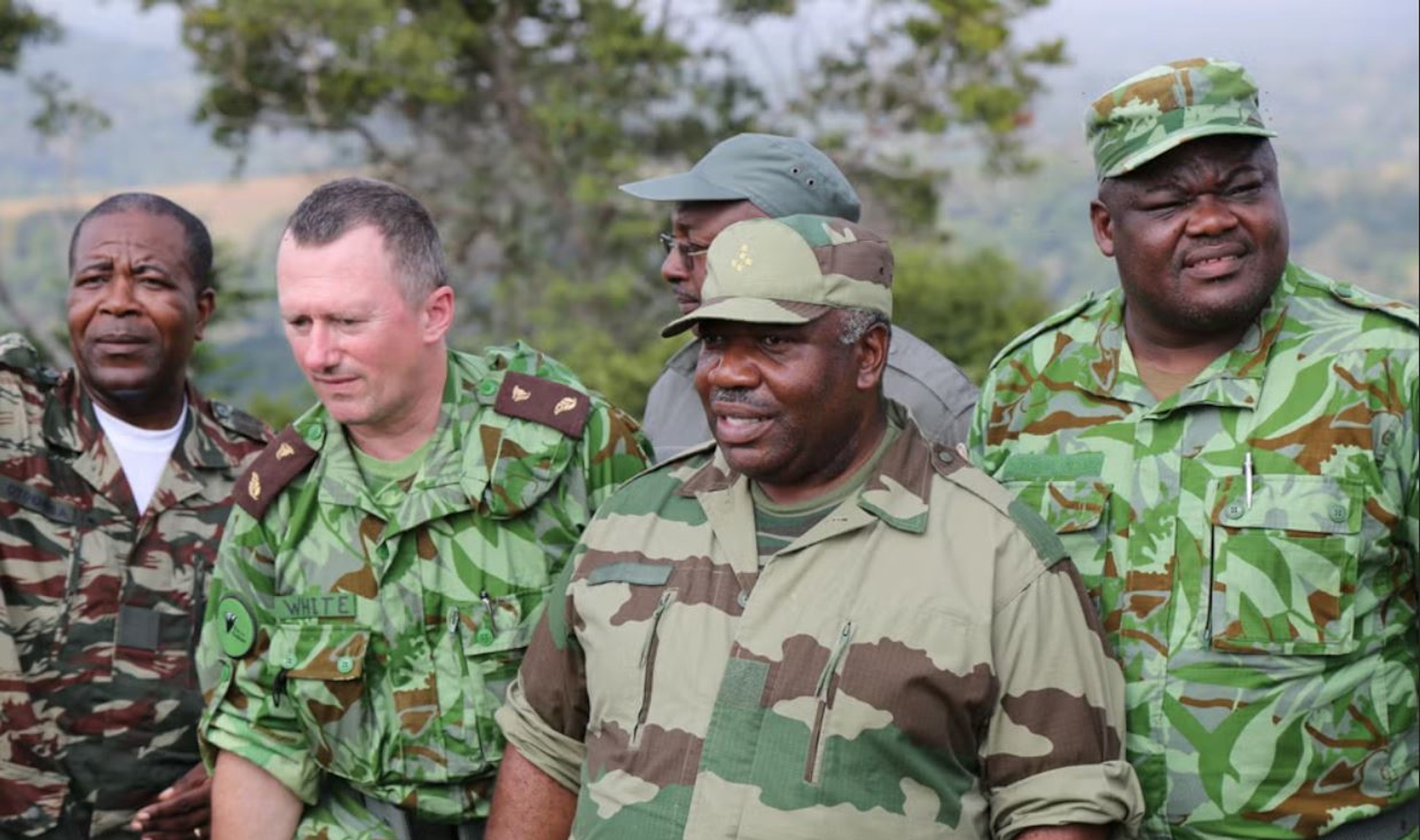When Boris Johnson announced his plan as prime minister to deport migrants to Rwanda, he promised it would reduce the number of refugees crossing the channel.
Yet while running the Foreign Office a few years prior, Johnson quietly gave immunity from prosecution to Rwanda’s defence minister – a former soldier accused of sparking some of Africa’s worst wars and refugee crises.
General James Kabarebe was granted “special mission” status to attend a UN peacekeeping summit in London in 2016.
The status gave him temporary diplomatic immunity, making it impossible for him to be arrested.
Kabarebe was vulnerable to a European Arrest Warrant that courts in France and Spain had issued against a raft of senior Rwandan officials, accusing them of massacring civilians and helping shoot down a presidential jet.
His colleague, Rwandan spy chief General Emmanuel Karenzi Karake, had been detained at Heathrow airport a year before in relation to the Spanish charges.
The case against Karake was soon dropped, but not before upsetting Rwanda.
Special mission status
To ensure the same fate did not befall General Kabarebe, Johnson’s Foreign Office gave him special mission status – a tool commonly used to protect Israeli officials from prosecution over war crimes in Gaza.
Kabarebe was therefore able to safely attend the UN peacekeeping summit in London, where he intoned that “effective protection of civilians is an important pillar for successful peacekeeping operations”.
Despite these warm words, a leaked UN report from 2012 blamed him for “effectively directing a Congolese rebel militia accused of killings, rapes and other atrocities”.
This militia, named M23, was said to be coordinated by Rwandan officials who were attempting to plunder Congo’s mineral-rich eastern flank.
Their assault on the provincial capital of Goma that year displaced 140,000 people.
Rwanda’s government and General Kabarebe vigorously deny backing the militia, but it has proved remarkably resilient.
This week M23 captured a town at the heart of mining coltan, a precious mineral used in mobile phones.
Militia violence has displaced more than 400,000 people this year already, with the UN warning that escalating conflict is causing “unprecedented civilian suffering”.
Plane crash
Although General Kabarebe’s alleged links with M23 should raise questions about Rwanda’s commitment to reducing refugee flows, it was not the reason he needed diplomatic immunity to visit London.
A French court wanted to question Kabarebe over his alleged role in helping shoot down a plane carrying Juvénal Habyarimana, Rwanda’s then president, in 1994.
Habyarimana, a Hutu, died in the crash, sparking the genocide of Rwanda’s Tutsi minority. More than 800,000 people were killed over the next 100 days.
Despite suffering such massive losses, the Tutsi-led Rwandan Patriotic Front (RPF) emerged victorious from the bloodbath.
Kabarebe, as a close confidant of RPF supremo General Paul Kagame, would face no domestic consequences for his role, if any, in the plane crash.
Kagame has ruled Rwanda with an ironfist ever since, keeping Kabarebe among his inner circle.
Yet that has not stopped foreign jurists from probing the circumstances of Habyarimana’s plane crash.
A year after Kabarebe’s visit to London, he refused to comply with a summons from a French magistrate to face a witness who accused him of involvement in downing the jet.
That case has since been dropped.
But there would also have been lingering concern that the Spanish indictment could have spoiled Kabarebe’s trip to the UK.
Issued in 2008, it accused him, Karake, and 38 other top Rwandan officials of ordering massacres of civilians in revenge for the genocide.
Three Spanish aid workers were among the dead. The indictment implicated Kabarebe in the “mass killing of Rwandan refugees and the Congolese civilian population”.
Conservative MP Andrew Mitchell, who has worked as a consultant for a bank linked to Kagame’s regime and is now Britain’s deputy foreign secretary, denounced the Spanish charges as “politically motivated”.
He said they were issued by a provincial judge and subsequently overturned by a more senior court in Spain.
Cosying up to Kigali
Successive Conservative governments have fostered ever closer ties to Rwanda, with the deportation scheme now the culmination of that project.
As well as granting temporary immunity to a member of Kagame’s inner circle, the charm offensive also saw his son, Ian, granted a place at Sandhurst military academy in 2022.
President Kagame and his wife attended the graduation ceremony.
By pledging to help Britain stop small boat crossing, his regime has received over £240m so far, with much more money in the pipeline.
However the alleged role played by his inner circle in causing refugee crises in Africa has been largely overlooked by British policymakers.
So too has the fact that prior to Brexit, zero migrants were recorded crossing the channel overtly in small boats.
Under the Dublin agreements, Britain could return asylum seekers to the first EU country they entered.
This served as an effective deterrent and meant migrants who did wish to enter the UK had to do so clandestinely, often in the back of lorries and not in small boats.
The Foreign Office declined to comment.





